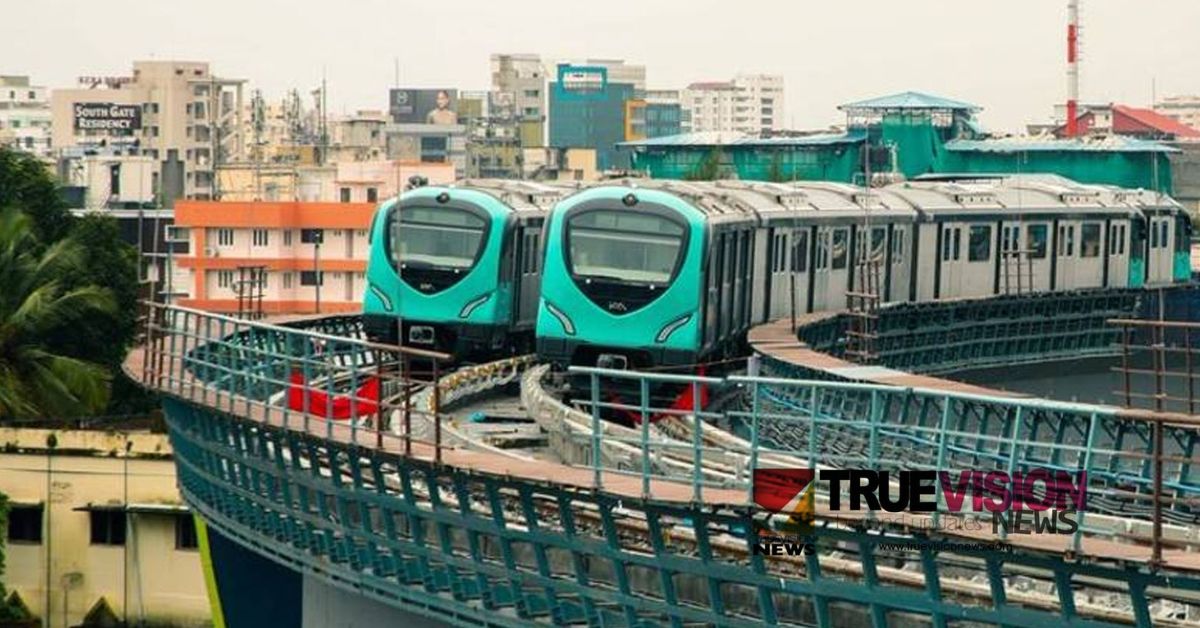Kochi Metro will introduce light freight transport services to support small businesses and ease traffic, while maintaining uninterrupted passenger operations on its existing routes. This innovative initiative will allow local vendors and traders to move goods efficiently during non-peak hours, such as early mornings and late nights.
By reducing dependence on road freight, Kochi aims to lower pollution and improve urban mobility. Kochi Metro expands into freight to support city logistics. The initiative responds to a recent call from the Indian government urging metro networks to explore in-city cargo solutions. Inspired by this push, Kochi Metro Rail Ltd (KMRL) has begun planning its freight operations.
KMRL will conduct a feasibility study, set pricing, and define rules for cargo dimensions and weight limits. Legal frameworks and technical guidelines are also in development. However, officials say a launch date remains uncertain due to logistical planning. Platform limits and short stops challenge Kochi Metro’s plan Current trains cannot accommodate extra freight wagons due to platform size restrictions. Each three-coach train spans 66.55 meters and carries up to 975 passengers.
So, adding more coaches isn’t feasible. Instead, KMRL may allocate a designated section at the rear of trains for small cargo loads. However, short station stops pose another challenge, so the study will evaluate loading time, door access, and train alignment. Union Power Minister Manohar Lal recently recommended that Delhi Metro adopt similar freight features.
The Ministry of Road Transport and Highways also encouraged metro systems to shift some cargo away from roads. Kochi’s approach could become a model for other Indian cities aiming to cut emissions, streamline logistics, and boost local commerce. If successful, this light freight concept may transform how cities manage last-mile delivery.










